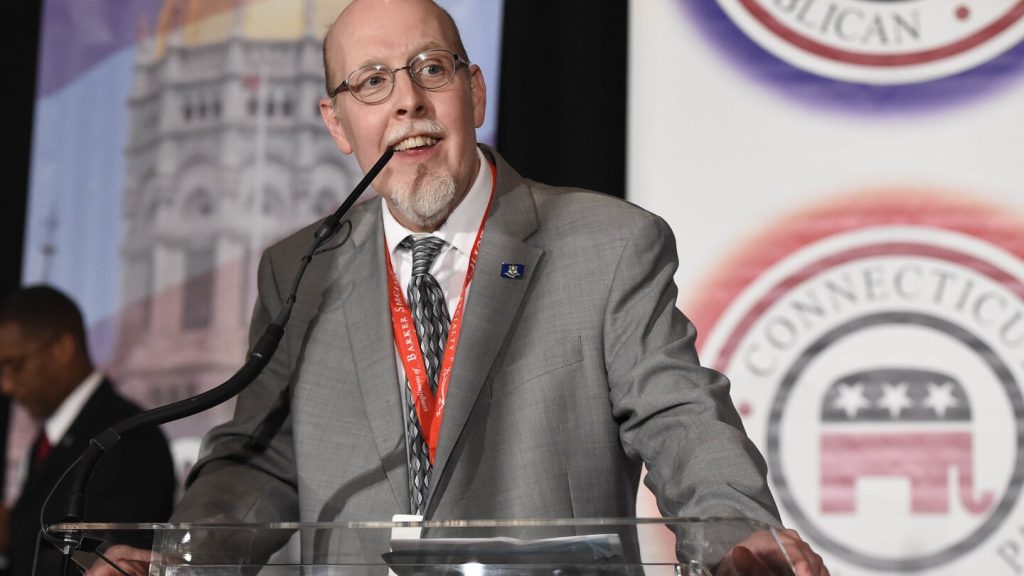Connecticut’s Supreme Court has ruled that the state elections officials violated the constitutional free speech rights of two Republicans running for the state legislature in 2014. The court overturned fines imposed by the State Elections Enforcement Commission against Sen. Rob Sampson and former Sen. Joe Markley for criticizing the Democratic governor in ads paid for by their publicly funded campaigns. The commission had determined that the candidates violated the rules of the state’s Citizens’ Election Program by sending campaign materials criticizing the policies of then-Gov. Dannel Malloy. The Supreme Court found that the commission went too far in interpreting the law to mean that the candidates couldn’t criticize Malloy, who was running for reelection.
In a 5-0 decision, the justices stated that the communications from Sampson and Markley were intended to communicate the merits of their candidacies and were not a violation of the first amendment. The ruling cited several decisions by the U.S. Supreme Court and other courts on what limits can be placed on free speech in publicly funded campaigns. This case could have implications for other states that provide public funding to candidates for state offices, as it sets a precedent for how free speech can be restricted in such campaigns.
The attorney representing the two lawmakers suggested that this case could influence other states that provide public funding for campaigns and raise questions about the limits on free speech. While other states like Arizona and New York limit the use of public funds to the candidate’s own campaign, the Connecticut case addresses the issue of whether candidates can use public funds to criticize opponents. The commission is reviewing the court’s decision and consulting with the Attorney General’s Office to determine their next steps in response to the ruling.
Both Markley and Sampson expressed their satisfaction with the court’s decision, with Markley calling the commission’s interpretation of the law “ludicrous.” They both believed that their constitutional rights were violated by the commission’s penalties and felt vindicated by the Supreme Court’s unanimous ruling. The candidates had sent out campaign materials in 2014 criticizing Malloy’s tax and spending policies, which led to a complaint from Sampson’s Democratic opponent and the subsequent fines imposed by the commission.
The candidates appealed the commission’s decision to Superior Court, which upheld the penalties, but the Supreme Court ultimately overturned the lower court’s ruling. The court found that Sampson and Markley did not violate the public campaign funding law by criticising Malloy and that they had the right to exercise their free speech rights in their campaigns. This decision serves as a significant victory for the candidates and sets a precedent for how free speech can be protected in publicly funded campaigns.


